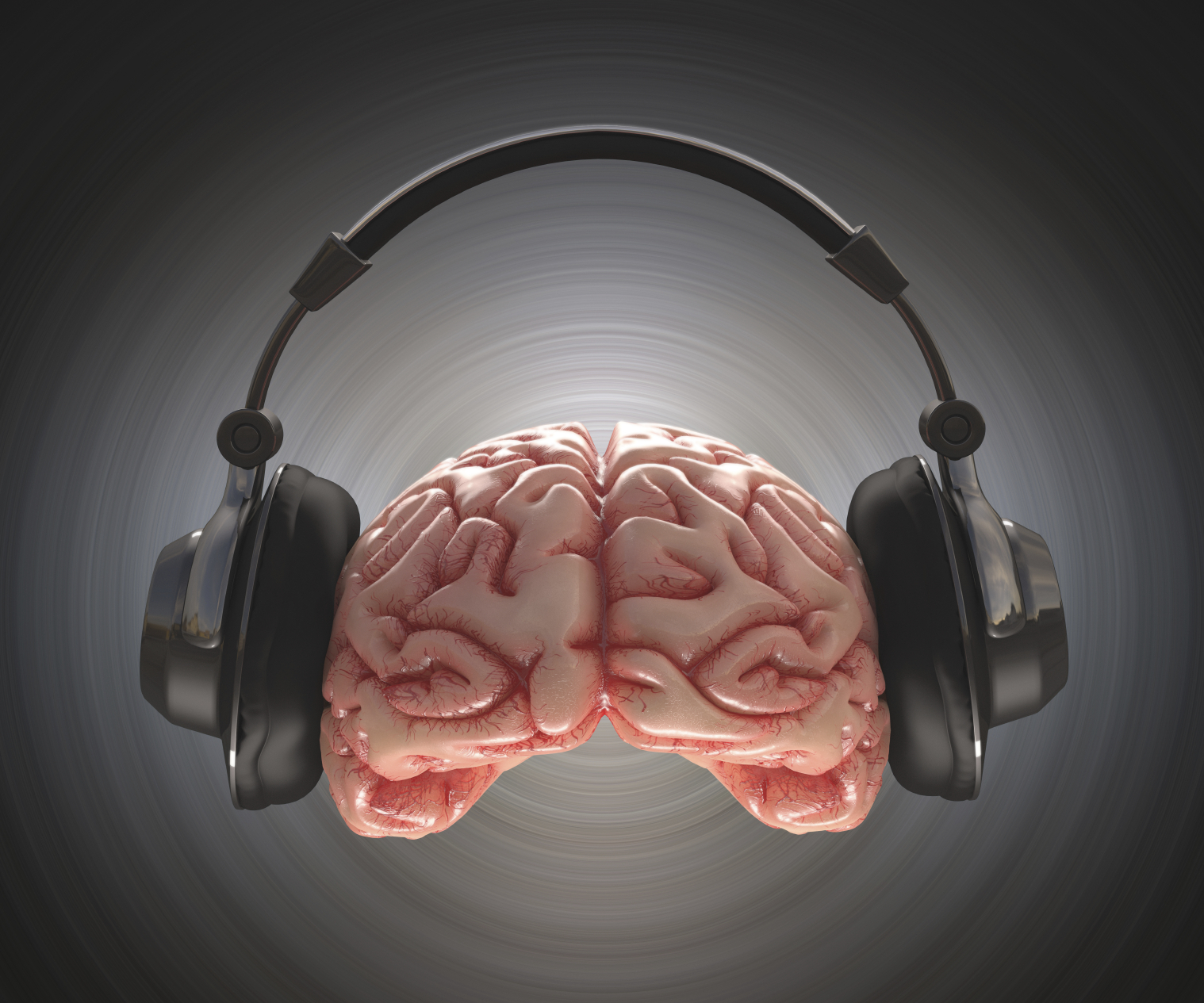Positive Effects of Music on the Mind

It is well known today that music has several benefits. Even inside the womb, babies have responded positively to music, and many of us can see that our own mood changes when we listen to certain songs.
While many effects of music on the brain are not fully understood, several studies have shown that listening to music can promote several positive responses from our brain and can lead to an improvement in mental and physical health. In this post, I explained some possible effects and compiled some studies done that explain and present findings on the significance of music. All studies found can be found at the bottom of the page.
Lower Stress
In a study provided by the Public Library of Science, music’s effects on several body systems relating to stress were shown. It was found that participants who listened to music prior, during and after experiencing a stressor took less time to recover from the stress response. Listening to relaxing music was able to reduce the endocrine and psychological stress response in the form of heart rate and hormone analysis with saliva collection.
Enhance Memory
One research project that involved the influence of music on memory and cognition found that singing helped a participant learn faster than just speaking the same phrase or words. A group of adults were placed into three groups of speaking, rhythmic speaking, and singing. They were then asked to “listen-and-repeat” phrases in a different language. The group that sang the phrases had a much higher memorization rate over a fifteen-minute time period.
Quicken Cognitive Speed
A study done by the Frontiers of Aging Neuroscience observed the effects of listening to specific types of background music on processing speed, specifically in older adults. After asking participants to name synonyms of certain common words, those who were listening to music performed quicker and named more words than those who were listening to silence or white noise. Even more interesting, it was found that listening to music in the classical style, like Mozart’s pieces, enhanced performance more than in other styles.
Improve Mood
Music has been shown to improve spatial ability, arousal, and mood. A investigation published by the University of California Press Journals showed the effects of tempo and mode (major/minor) of a piece on a listener’s mood and arousal, and they found that changes in tempo affected arousal while changes in mode affected mood. They went ahead to try explain the “Mozart Effect” which is a widely known, and widely disputed effect of Mozart’s music on the brain. With their data, they speculated that the mode and tempo of the music influenced levels of arousal, mood states, and listeners’ enjoyment, which then also influenced performance on cognitive tasks.
Boost Creativity
In one experiment, the effects of different types of music on “divergent thinking” and creativity were tested by asking participants to describe common uses for a common object, such as a brick or pencil. This task required creative thinking imaginative thought. Participants were split into 5 groups of music that was categorized as happy, sad, calm, anxious, or silent. It was found that happy music stimulated the most creative thought as compared to silence.
Many of the reasons why these effects happen are not fully known. Nonetheless, I’m sure that most people have experienced several of them in their daily life. Music is a way of expression, communication and imagination. It’s so enjoyable to listen to music so let’s continue doing so!
- Thoma, Myriam V., et al. “The Effect of Music on the Human Stress Response.” PLoS ONE, vol. 8, no. 8, May 2013, doi:10.1371/journal.pone.0070156.
- Ludke, Karen M., et al. “Singing Can Facilitate Foreign Language Learning.” Memory & Cognition, vol. 42, no. 1, 2013, pp. 41–52., doi:10.3758/s13421-013-0342-5.
- Bottiroli, Sara, et al. “The Cognitive Effects of Listening to Background Music on Older Adults: Processing Speed Improves with Upbeat Music, While Memory Seems to Benefit from Both Upbeat and Downbeat Music.” Frontiers in Aging Neuroscience, vol. 6, 2014, doi:10.3389/fnagi.2014.00284.
- Husain, Gabriela, et al. “Effects of Musical Tempo and Mode on Arousal, Mood, and Spatial Abilities.” Music Perception, vol. 20, no. 2, 2002, pp. 151–171., doi:10.1525/mp.2002.20.2.151.
- Ritter, Simone M., and Sam Ferguson. “Happy Creativity: Listening to Happy Music Facilitates Divergent Thinking.” Plos One, vol. 12, no. 9, June 2017, doi:10.1371/journal.pone.0182210.

